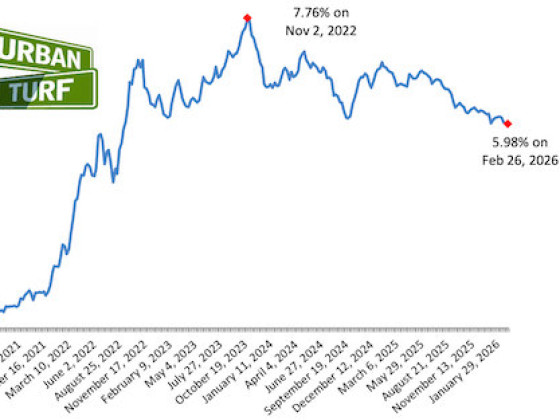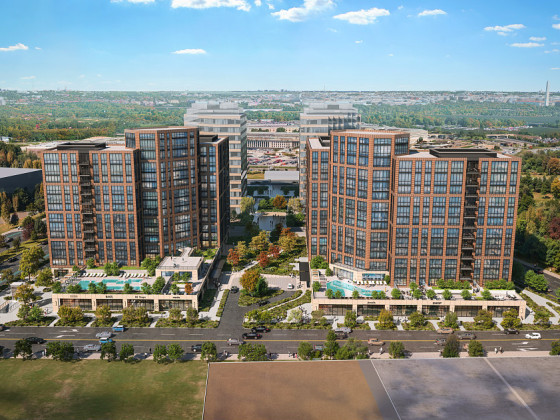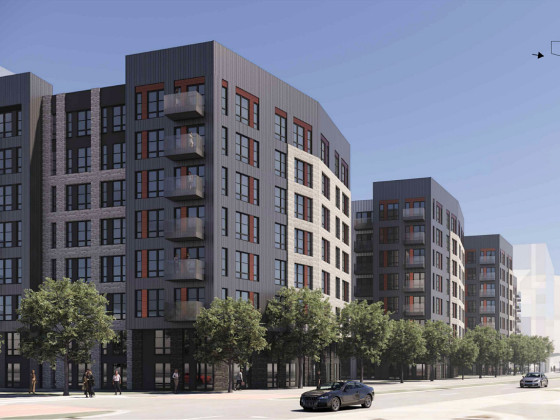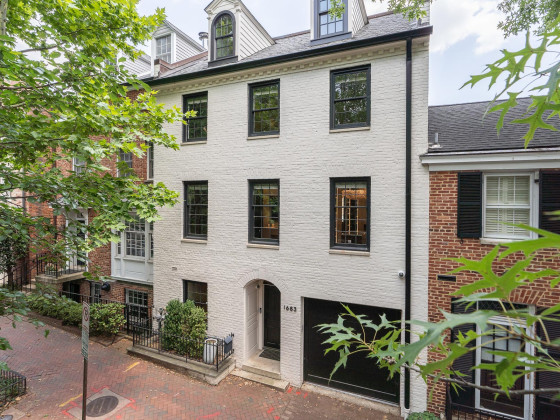 The District May Soon Exercise Property Purchase Rights
The District May Soon Exercise Property Purchase Rights
✉️ Want to forward this article? Click here.
Last year, DC began making progress toward implementing several previously-passed laws intended to expand and protect the city’s affordable housing stock. The most recent law to inch closer to realization is the District Opportunity to Purchase Act, or DOPA.
If that acronym sounds familiar, its because the law is a companion to the Tenant Opportunity to Purchase Act (TOPA), a tenant-friendly law that gives renters a chance to purchase the property in which they live once the building owner puts it up for sale. DOPA was established nearly a decade ago as a safety net for properties that nonetheless fall through the cracks when tenants are unable to amass the consensus or financial power to purchase their property, allowing the city to step in and keep the property from selling to a new owner who may displace the residents or make the building otherwise unaffordable or inhospitable to new tenants. Until last month, however, there was no framework to inform how DOPA could be exercised by the city.
On December 22nd, the Department of Housing and Community Development (DHCD) published rules for implementation of DOPA into the DC Register. The provision will remain subordinate to tenants’ right of first refusal and applies only to rental accommodations with 5 or more units in cases where 25 percent of those units are affordable.
Similarly to TOPA, an owner selling a rental property will send the mayor, via DHCD or whatever agency given purview over the program, an Offer of Sale, or written notice that gives the city the right to purchase. Within seven days of sending the offer, the owner also has to provide a property report with details including:
story continues below
loading...story continues above
- a list of tenant names, their unit numbers and the current rent on those units,
- a list of vacant units and the most recent rent charged in them,
- a list of affordable units and the means by which rent for those units was calculated,
- floorplans, and
- itemized lists of monthly operating expenses and capital expenditures for the two preceding years.
After receiving the Offer of Sale, the mayor has 30 days to notify the owner and the tenants of the city’s intent to purchase the property. Once the owner receives the mayor’s notice of intent to purchase, the mayor has a minimum of 150 days to negotiate a sale. The mayor may also assign her purchasing rights to one of the developers in DHCD’s Pre-Approved Developer list.
The owner is also responsible for making the city aware of any significant progress or changes made during the tenant negotiations (e.g. if tenants opt not to exercise their right to purchase, sales contracts are entered into or rescinded, etc.). If the accommodations remain unsold 360 days from the tenants’ or city’s receipt of the Offer of Sale, the entire process must begin again if the owner still intends to sell.
Once a sale has been completed, the mayor or any assignee must furnish a plan to maintain the property’s affordability, and a property report similar to that mentioned above, to DHCD within 120 days of settlement and annually thereafter. Any vacancies in the purchased building should be filled in such a way that roughly one-third of the affordable units in the building go to households earning up to 30 percent of area median income (AMI), a third go to households earning up to 60 percent AMI, and the remaining third go to households earning up to 80 percent AMI.
The public is able to view and comment on the rules up until January 22nd. The rules are expected to be finalized in the spring.
See other articles related to: affordable housing, affordable housing dc, district opportunity to purchase amendment act, dopa, topa
This article originally published at https://dc.urbanturf.com/articles/blog/the_district_may_soon_exercise_property_purchase_rights/13396.
Most Popular... This Week • Last 30 Days • Ever

While it may seem like paying off a long-term mortgage early is a difficult task, it ... read »

A new proposal is on the boards for the former home of the Transportation Security Ad... read »

The property in Upperville known as Ayrshire Farm sold on Friday.... read »

The developer is under contract to purchase Land Bay C-West, one of the last unbuilt ... read »

The classic Federal-style home recently underwent a dazzling, $2M renovation and boas... read »
- A Look at The Ways You Can Pay Off Your Mortgage Early
- 637 Apartments, 31,000 Square Feet Of Retail: The New Plans for Pentagon City TSA Site
- Sandy Lerner's 570-Acre Virginia Farm Sells For $19.8 Million
- The Last Piece of Potomac Yard: Mill Creek Residential Pitches 398-Unit Apartment Building
- A Pool, Elevator and Glass Roof: Luxuriously Renovated Georgetown Home Hits the Market
DC Real Estate Guides
Short guides to navigating the DC-area real estate market
We've collected all our helpful guides for buying, selling and renting in and around Washington, DC in one place. Start browsing below!
First-Timer Primers
Intro guides for first-time home buyers
Unique Spaces
Awesome and unusual real estate from across the DC Metro














